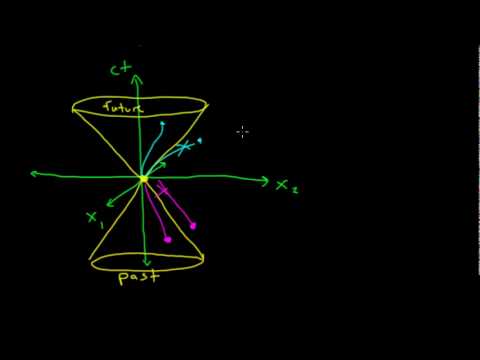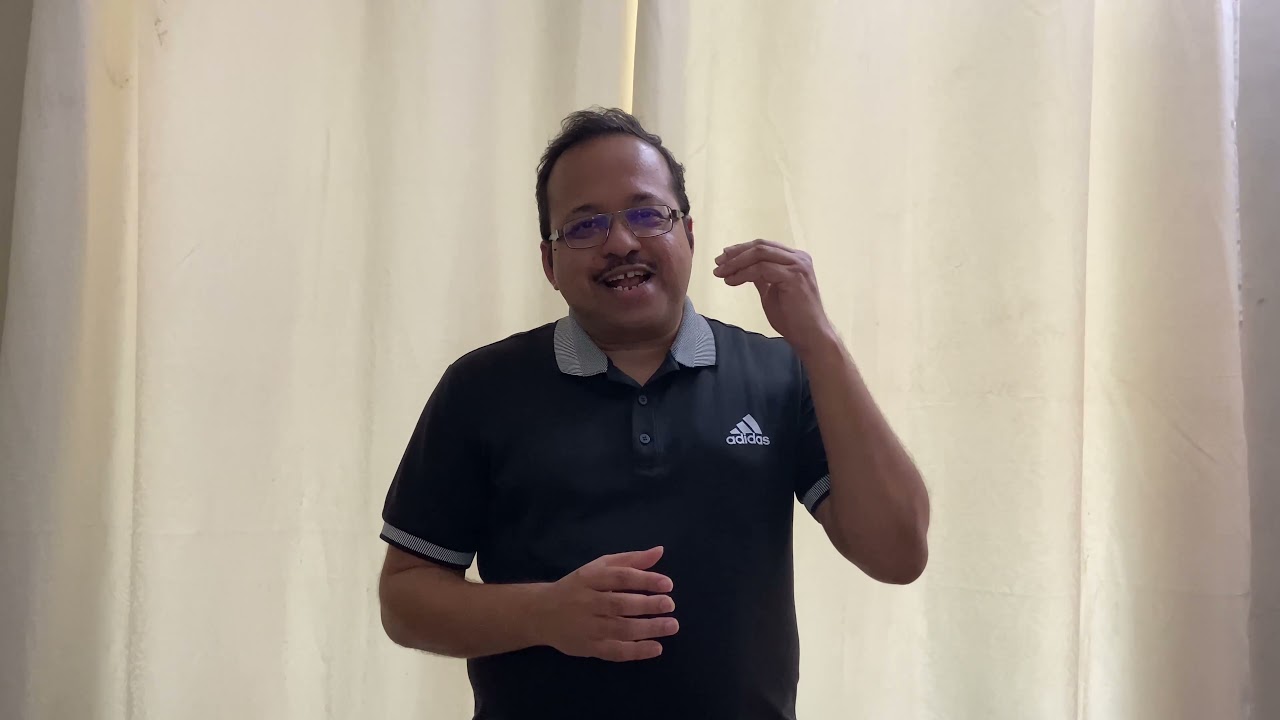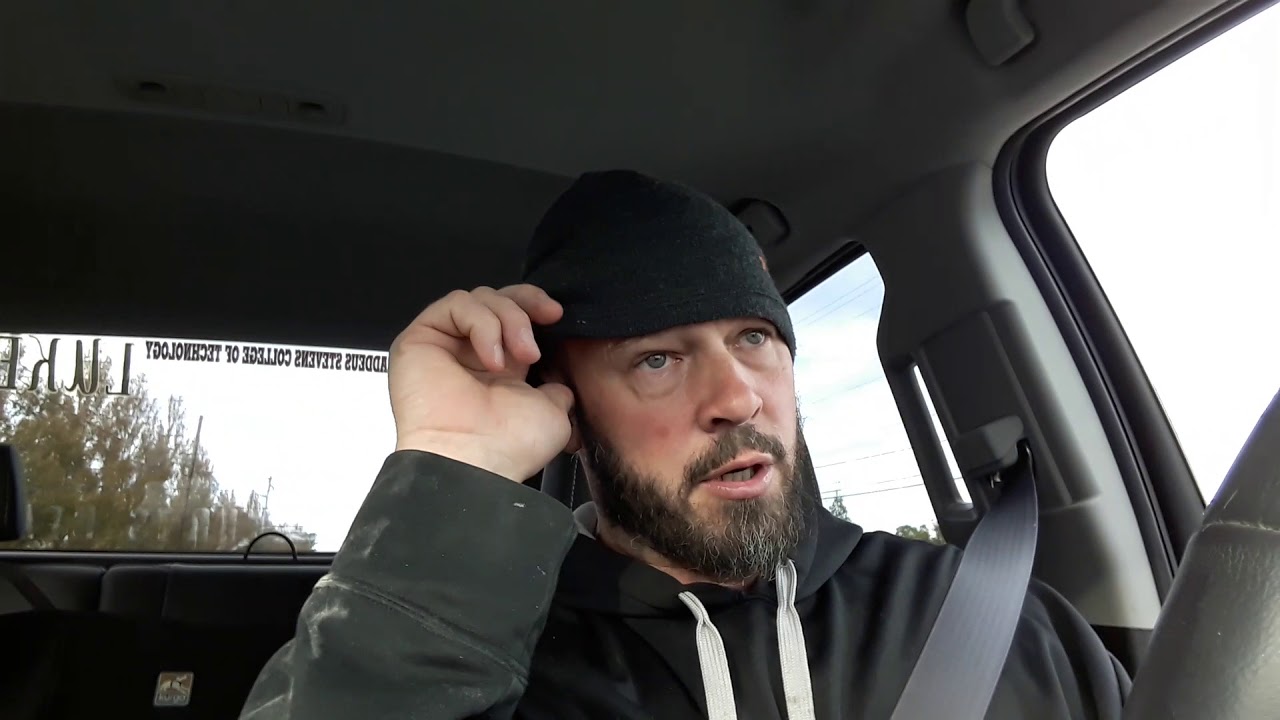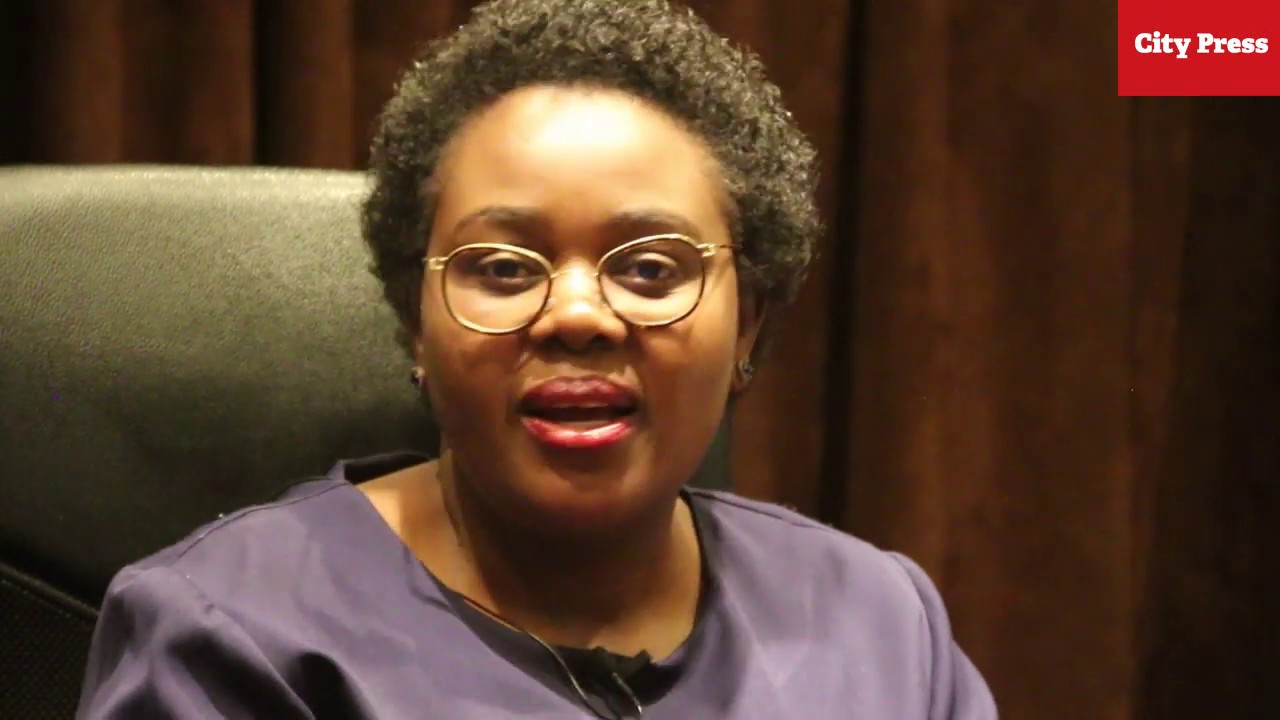PhysicistMichael
Exploring the concepts of the past, the future, and causality in special relativity and how they are interpreted by different observers. Part of a series on special relativity.
Let us know what you think of these videos by filling out our short survey at http://tinyurl.com/astronomy-pulsar. Thank you!
Source




You sound like understand what you are saying …. So good for you.
Brilliant!
Mate. It's probably a good presentation but your audio level is low, people like myself go straight to another presentation where the audio is ok. It's a pity because it might have been a good presentation.
stunning. Many thanks for the great master class!
this is really interesting, thank you
8:59 according to both observers 2 occured before 3. How would that be justified
Very low sound volume. I had to go full to hear.
Audio
Nice. I took an undergrad course in SR but was never taught this.
Thankyou.
I had no idea there were so many videos on Relativity on YouTube. Like this one, every one I've seen projects the clock of the observer on other coordinate systems, on bodies in relative motion. The clock-speed of light is ZERO. Light doesn't move one light-second in one second (the diagonal on the Minkowski-type diagram); it moves ZERO seconds, and the world-line of light should therefore be placed along the observer's space-axis. You’ll probably never see my video on a search! Please see https://www.youtube.com/watch?v=4FsA0qtm6MU
Finally someone who explains this in a way I can understand. Thank You!!!!!!
Thank you is all ive got to say for this vdo!!
I have a problem with the fact that our perception of something not accuring at the same time having physical implication on the nature of time. All I see is the brain receving light at different moments thus having an optic illusion that the past is happening in his now when its long gone. In reality I still see that the same events occuring at similar time. It is simply that the information of the events 1 take more time to get to us than the event 2. It's like thunder. You see the light first and after a wile comes the sound. If you were relying on the sound you would have a similar problem over shorter distance and that would'nt mean in anyway that time is different from place to place. It the same when light is bent in water. Maybe it is I who is missing something 🤦🏽
8:50
Great video. I got a question. How about a moving observer? Will it's light cone be 'skewed' in the same way their axis are? Excuse my bad English, please.
If something travelled faster than the speed of light from 1 to 2 and then to 3, then Observer B will see it simultaneously travelling backwards from 2 to 1 and forwards from 2 to 3. The portion travelling from 2 to 1 will converge with its actual history proceeding 1. And it's not a paradox so much as a conflict of information. The object travelling faster than light is in a sense a privileged perspective, since the above system is predicated on learning information at the speed of light.
Wow. Thank you.
This was very well explained.
This is by far the best explanation I have ever seen on this subject, its obvious this guy has a deep understanding of relativity and causality and a real gift for teaching.
I understand!!!!!!!!!!! Thank you <3
The more I try to understand relativity, I get confused more.
could you please explain that why event two happen before one fobservervor B.
at 6:0 you said we can change event in future, can we change a event in past too?
thanks for ur video. I always find these videos explanations better than what my lecturer explains.
If you read more books on philosophy, you will see that causality does not require the ordering of a sequence of events. There is a famous paper written by an economist called Tobin who discussed the problem of 'post hoc ergo propter hoc". Economists have been much more concerned about the philosophy behind a theory than the mathematics used to derive the theory! But this attitude is changing, sadly.
much help, cheers bro
Is the causally disaffected area a geographic metric or a time metric, or both? Also, your observer A had time and space lines at 90 apart but B did not. How come? Thanks
I've studied these diagrams before, but THIS!! Whoa! Mind blown!
Why time axis of b is not right angle?
3:46 "Fly a little ship" xD
I came for answers, left with questions, so thanks? Your explanations were clear, kind sir, I'll give you that. 🙂 #Subbed
If I am not wrong, event 2 will also always happen before event 3, right?
great work. thanks